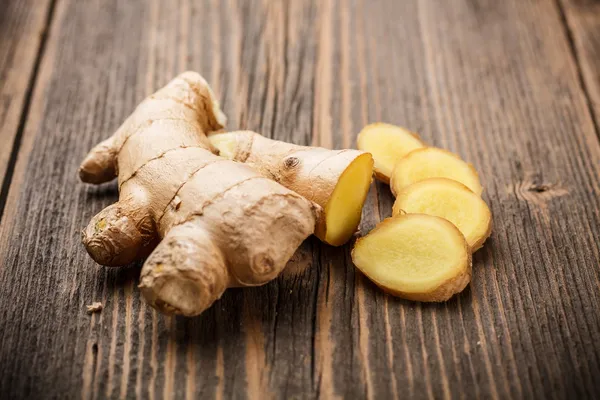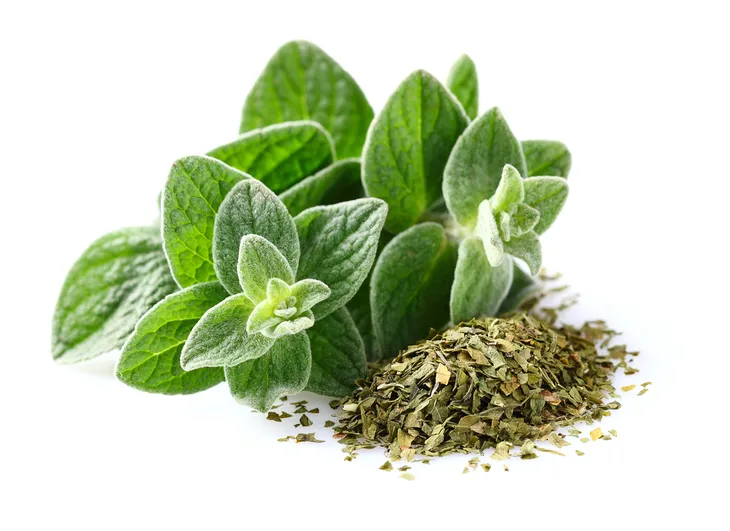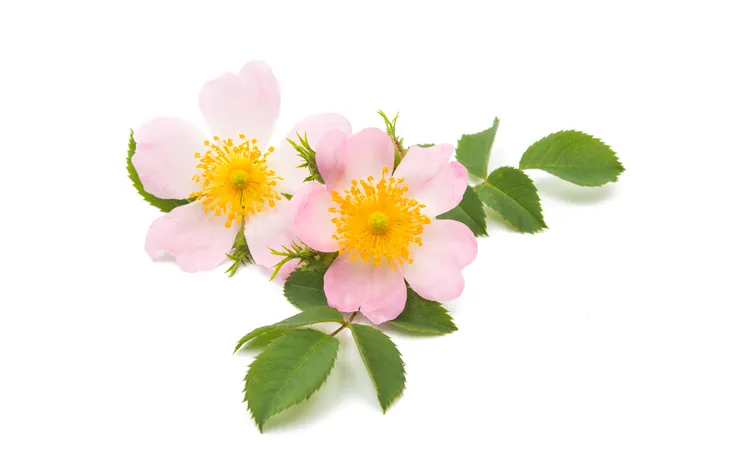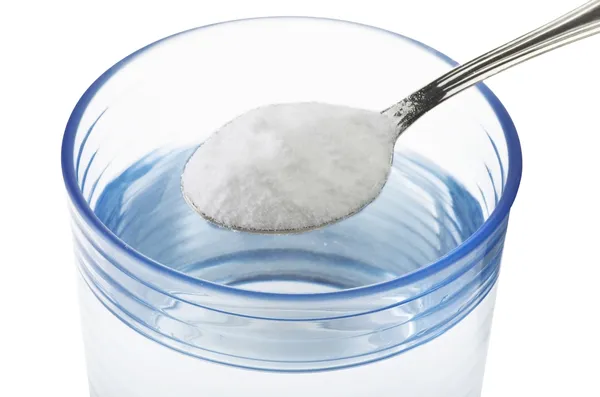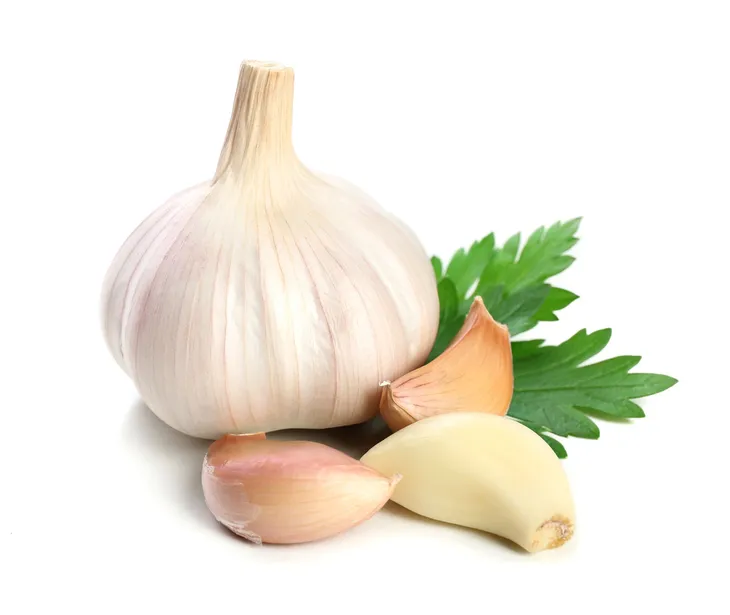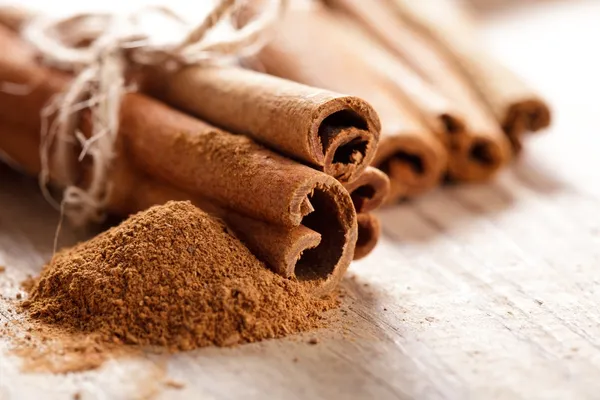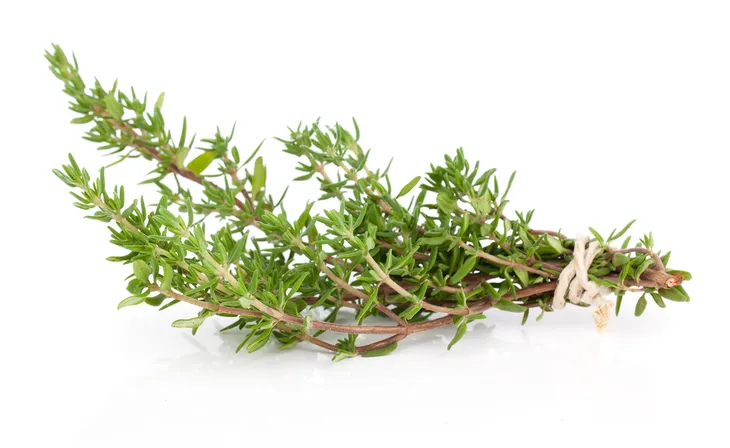In many parts of the world, the snow and ice is slowly receding, being replaced with clouds, rain and even a little bit of sunshine. But the later part of winter and early part of spring still brings the risk of catching the flu. Influenza season can run as late as May reports the CDC.
But with temperatures on the rise and winter jackets being stowed away for the season, it can be easy to get caught off-guard by getting the flu; it may just mean you don’t on hand have some of the over-the-counter medications we often turn to for help overcoming a serious head cold or the flu. So, what natural remedies should you consider in looking for help dealing with your flu?
Blow Your Nose, A Lot
Perhaps the most obvious response to the arrival of a nasty flu is to make regular efforts to keep the nose and sinus areas as clear as possible. That means blowing your nose regularly, depending on the level of congestion.
This is an important part of removing phlegm and excess mucus from the body, helping it fight off the bacteria that often accompanies these thick, problematic fluids. Blowing the nose and clearing out airways is even more important for anyone who has serious respiratory issues that could lead to complications.
Ginger
Ginger isn’t just a great cooking ingredient, it’s also known to be a useful remedy for the flu! According to Medical News Today, ginger relaxes the airways and has anti-inflammatory properties.
“When you have a clear phlegm, not green or yellow, take ginger to warm up the system,” says Steve Sietos, Clinical Herbalist and New York City-based founder of Urban Herbalist. The best way to use it is to slice it, simmer in fresh water for 20 minutes, and then drink up! “You’ll notice the cough goes away pretty quickly,” he added. According to a study in the British Journal of Anesthesia, ginger helps with nausea too, which is another common symptom of the flu.
Salt Water Rinse
Have you ever visited a warm, tropical locale surrounded by salt water? If so, you may have noticed that you breathed easier, particularly through the nose and sinuses. This is partly because salt water, even in the air, can help alleviate nasal congestion. That’s why more and more companies are offering nasal spray products based on a single ingredient: salt water.
In reality, you don’t need to buy a salt water nasal spray product. If you’re home dealing with the flu, try WebMD’s suspension. “To make the solution mix 3-teaspoons of non-iodized salt (kosher salt with no additives is best) and 1-teaspoon of baking soda. Store this mixture in a small clean jar. When you are ready to use it, mix a teaspoon of the mixture into 8-ounces of distilled, sterile, or previously boiled and cooled water.” You can use this solution in a Neti pot, bulb syringe, or a plastic squirt bottle that you spray into your nostrils.
You may be surprised to find that such a simple home remedy can make a significant difference in reducing nasal congestion during the flu.
Oregano
According to Patrick Fratellone, MD, a leading integrative medicine doctor and registered herbalist with the American Herbal Guild, Oregano can treat a persistent cough. “Oregano is a powerhouse of flu-fighting properties since it’s antibacterial, anti-fungal, and an antioxidant, and it can also be used as an expectorant to treat lung or respiratory conditions,” he said to Reader’s Digest.
There are two options for using oregano as a remedy for the flu. You can take it as a capsule twice a day, or if you only have a bottle of it in your spice drawer, you can make oregano tea. To make the tea, pour boiling water over 1-teaspoon of dried oregano and let it stand for 10 minutes. (Tip: add honey if it’s too bitter). Not only will this remedy soothe a cough, but it will also ease any stomach aches that come with the flu.
Take it Easy
Sleep and lots of rest in general: it’s likely the most important thing you can do to fight the flu. Why does it work so well? Because your body needs all the energy it can get to fight off a serious infection, and keeping yourself in one place — ideally, in bed at home — will give you that energy.
This is obviously more challenging for an individual who’s used to being busy, either around the house, the office, or both. But trying to mask an infection will only delay your body’s ability to overcome the flu and may result in you infecting other members of your family, friends, and coworkers.
Wild Rose
According to recent studies found on Clinical Advisor, wild rose is super high in vitamin C which means it’s a great remedy for not only the common cold and flu, but also many other illnesses and infections. In addition to its vitamin C content, wild rose is rich in minerals like zinc and selenium which helps flush out the bladder and kidneys.
The study shows that 100 grams of fresh wild rose contains 1,009 grams of vitamin C. Just to show how much that is, Reader’s Digest says it’s 30 times the amount found in many citrus fruits. When we’re sick, we’re often told to drink lots of orange juice, but wild rose is definitely a better option. To make a soothing drink, immerse the flower in hot water and let it simmer on low. It can also be steeped in a crockpot.
Gargle with Salt Water
It’s actually a little shocking how much of a difference pure and simple salt water can make in helping alleviate some of the nagging symptoms strongly associated with a nasty flu infection.
Not only can salt water rinsing of the nasal passages help alleviate congestion in and around the nose, but gargling with salt water can help soothe a sore throat and dissolve some of the mucus that tends to build up in this region during the flu. All you need to do is mix a little salt with some warm water, sip a moderate amount into the mouth, and then gargle for about thirty seconds.
Drink Warm Beverages
One of the most irritating symptoms of the flu is the chills, which can leave an infected individual feeling like, no matter how hard they try, they just can’t get warm or keep warm. Staying in bed can certainly help, but it’s not the only thing you can do during the flu.
Another option is to drink lots of warm beverages, from herbal tea to warm water with lemon. These drinks will help warm you up without causing you to lose fluids, as some diuretics, like caffeinated beverages, can do. At the same time, non-caffeinated drinks can help you get the fluids you need to fight off an infection.
Garlic
Even though garlic gives us bad breath, the good outweighs the bad because it’s also a great antibiotic, antimicrobial, and antibacterial, says Steve Sietos, founder of Urban Herbalist. “When you have yellow or green phlegm, reach for that garlic. It’s highly anti-viral, immune stimulating, and it’ll kill any upper respiratory infections,” he says.
Once you’ve found some garlic in the kitchen, take a fresh clove of it, press or chop it, and let it sit for 15 minutes. According to Sietos, when the garlic is exposed to the air it creates a chemical reaction that transforms it into a powerful antibiotic. Sounds like magic! Next spread the garlic and olive oil on a piece of bread, or mix it with olive oil. According to him, this will help soothe any upper respiratory infections!
Take a Hot Bath or Shower
Staying warm is one of the top priorities for anyone struggling against the flu infection. You can help with this by taking a nice, long and relaxing bath. Washing away the germs can also help make you feel better, particularly if you’ve been resting your flu in bed for a prolonged period.
But the even better option may be to take a long shower, since this tends to produce a lot of steam. The advantage here: hot steam can help loosen up the phlegm and mucus that tends to build up and up during the worst stages of the flu. The loosened phlegm effect may only last for an hour or so, but it could make a big difference in helping you get comfortable and to sleep, which is also an important part of fighting off a flu infection.
Warm Compress
If you’ve been laying in bed for days with the flu, all the while blowing your nose in a desperate attempt to clear out your sinuses, there’s a good chance you’ve dried out the skin on your face, especially the area right around and below your nose. This can lead to skin irritation and even pain that makes blowing the nose more difficult.
To help with this, thoroughly rinse a facial towel in warm water, squeeze out the excess water, and apply the towel to the face. Make sure to gently dab the area around the nose, being most delicate in the areas dried out by nose-blowing.
Cinnamon
We all know cinnamon for it’s sweet, sweet aroma and flavoring, but according to Dr. Fratellone, it also has anti-fungal and analgesic properties that can help treat bronchitis. It works by warming the body and dilating your blood vessels, he says. (WebMD also credits it as a treatment for diabetics because it lowers blood sugar and improves sensitivity).
In an Reader’s Digest article, Dr. Fratellone advises people suffering from the flu to make a cinnamon tea. You can do this by pouring boiling water over some cinnamon in a mug. Drink this mix two or three times a day. If you’re not a fan of the drink, you can also sprinkle some cinnamon on your food or coffee!
Prop Up
Having the flu often means dealing with congested chest and nasal passages. You can help alleviate some of this congestion by regularly blowing your nose and rinsing and gargling with salt water, but this is all much more difficult if you’re lying flat in bed.
To relieve some of the congestion in your sinuses and chest, try propping yourself up in bed. This can make the difference between feeling so congested you can’t possibly get to sleep and getting the relief you need to rest and push forward the process of recovering.
Eat Healthy
You’ve probably heard that some foods, from a nutritional standpoint, represent little more than “empty calories.” This would include foods like candy, potato chips, and fiber less breakfast cereal. On the other end of the spectrum you’ll find fruits, vegetables, and whole grain foods chock full of vitamins, minerals, and fiber.
You can really help your body out as it struggles to defeat the flu by eating foods that have these vitamins, minerals and fibrer. That includes dark, leafy greens, which also come packed with lots of vitamin C, which can help boost the immune system. Fruit is also a good option, since it contains lots of vitamins and fluids that, together, can help give your body what it needs to beat an infection.
Rosemary
This is a great go-to remedy that many people will readily have in their home. “Rosemary is highly antiviral and antibacterial,” says Steve Sietos to Reader’s Digest. He also adds that “Everything you smell in that signature aroma is medicine.”
So how do we turn this fragrant herb into an elixir? If you’re working with fresh rosemary, he suggests simmering it in water for about 10 minutes until it cools. Drink this three times a day until you start to feel better. If all you’ve got is some dried rosemary, then take a teaspoon of it and steep it in some hot water to create a tea.
Plenty of Fluids
Any time you’re put in a situation where your immune system has been compromised and you’re struggling against an infection like the flu, it’s important to load up on fluids. And there’s no more important fluid for a flu-laced body than water, plain and simple. Other beverages worth imbibing during a cold: herbal tea, juice (that hasn’t had sugar added), and fruit and veggies smoothies.
Try and keep your distance from drinks that could actually leave you less hydrated, such as coffee, tea, and energy drinks. Soda full of sugar is also unlikely to help with your recovery. As for water, add some fresh lemon (which contains vitamin C) and put it back as much as possible.
No Alcohol
Believe it or not, in the past many parents turned to hard alcohol in an attempt to help themselves or their children overcome the flu or the common cold. That’s because a teaspoon of something hard — like whiskey or gin — can give an individual a warm feeling in their throat and stomach, while the alcohol can help provide some momentary relief from various symptoms.
But alcohol won’t do much to help with the base problem, which is the flu itself. In fact, it could actually make things worse by robbing the body of precious fluids, alcoholic beverages tend to dehydrate the body. So, hold off on your favorite adult drink until after the flu has passed.
Thyme
Another great herb to treat that nasty cough that might accompany the flu is thyme. “Thyme is a powerful antimicrobial remedy that has volatile oils, like thymol and tannins, which work for spasmodic coughs and for fighting sickness,” says Arielle Hayat, Clinical Herbalist of The Alchemist’s Kitchen to Reader’s Digest.
“It’s antibacterial, antifungal, and antiviral, so it can help you sweat out a cold, and also work on supporting digestion (like other herbs in the mint family),” says Hayat. To prepare a thyme elixir, create a syrup of honey, infused with chopped onions, thyme, and/or garlic for three hours. Strain it, then add the syrup to warm water or any kind of tea. This is a great remedy for a cold, flu, or plain and simple cough.
Elecampane
You might not have heard about this particular herb or have it stocked in the pantry, but WebMD says it can be used to soothe a persistent cough. “If your cold leaves you coughing up phlegm with a dry irritated lung and throat, elecampane is the perfect remedy,” says Hayat.
She also noted that “it soothes irritation and relieves coughing while fighting infections with its antimicrobial properties.” How does it work? It all stems from the root which contains polysaccharides (inulin). The polysaccharides work to normalize blood sugar metabolism and feed bacteria in the gut. Reader’s Digest notes that it could in fact be referred to as a “prebiotic, which feeds the probiotics, that community of microorganisms in your small intestine.” To create a tea, take half an ounce of the dried root and infuse it in 2-cups of water for 6 hours. Drink two cups a day.
Keep Your Mind Busy
Although the best one-two punch in fighting the flu is rest and drinking lots of water, you can help take your mind off some of the flu’s more irritating symptoms — like congested nose and chest or upset stomach — by focusing on something relaxing that you enjoy. The more this activity takes your mind off the flu, the better.
What will that activity be? It depends on your tastes. Some people may find simply reading a good book is enough, while others may find relief in watching television, movies, or playing some video games. You could also try to get some work done — just make sure to get enough rest so that your body can start to overcome the problems that have you sidelined in the first place.


